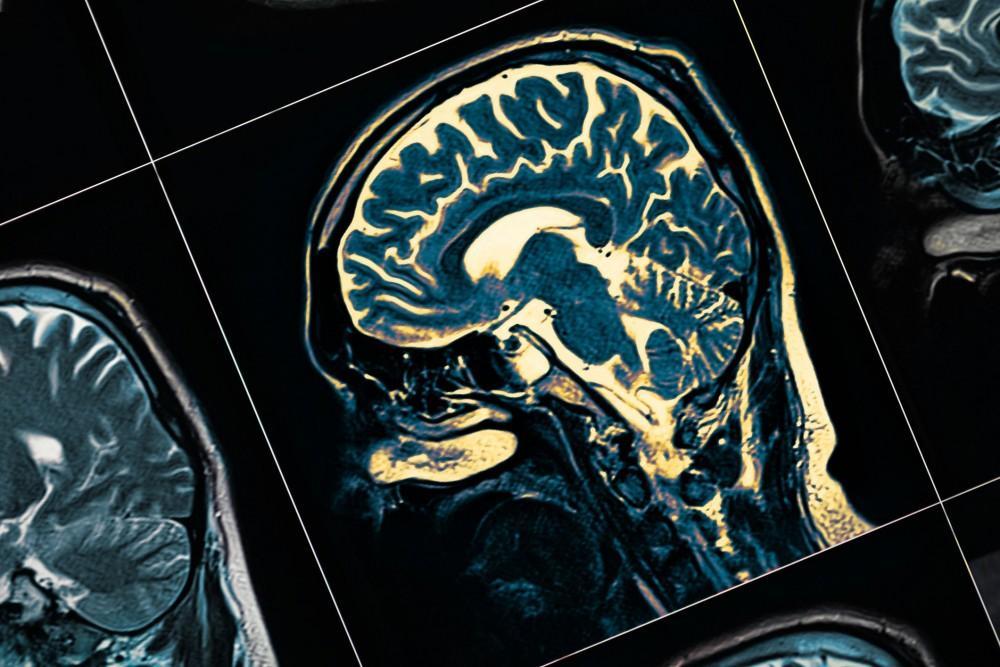
A Third of Eligible Migraine Patients Were Not Offered preventive therapy
Find out why a third of eligible migraine patients were not offered preventive therapy and
This vitamin acts as an antioxidant, neutralizing unstable molecules that can damage cells. It also protects vitamin A and certain lipids from damage. Of course, it’s also available as a supplement, which has been shown to protect against prostate cancer. Vitamin E exists in eight natural forms, tocopherols and tocotrienols, all of which have antioxidant properties! Now, according to this study, vitamin E may even protect against Alzheimer’s Disease and other memory disorders!
A study in Finland has discovered the neuro-protective properties of vitamin E. In the study, researchers followed 140 Finnish residents who were 65 or older. They had no memory impairment at the onset of the study and were followed for eight years.
During the course of the investigation, researchers discovered that higher total serum levels of vitamin E and higher levels of γ-tocopherol, β-tocotrienol and total tocotrienols in particular, seemed to protect against memory disorders. According to the researchers, the results show that the entire vitamin E family plays a role in memory processes, not just one or two types. Analysis of the data showed that those with lower levels of vitamin E had more cognitive impairments than those with medium levels. Furthermore, those with medium levels had more cognitive impairments than those with higher levels.
For more information on this study, please see http://www.sciencedirect.com/science/article/pii/S0531556513002878
The best way to get vitamin E and the other essential vitamins is through a balanced diet!
Vitamin A – Essential for vision; can be obtained from beef, eggs, fish, fortified milk, cheese.
Vitamin B – Several types; primarily used to convert food into energy; can be obtained from meat, fish, poultry, eggs, cereals, and vegetables.
Vitamin C – Essential for a healthy immune system; can be obtained from citrus fruits and juices, as well as bell peppers.
Vitamin D – Absolutely necessary for healthy bones; is obtained from sunlight and dairy products, as well as certain fatty fish.
Vitamin E – It’s effects have already been discussed and it is present in vegetable oils, wheat germ, leafy green vegetables, whole grains, nuts and several varieties of foods.
Gary Starkman

A Third of Eligible Migraine Patients Were Not Offered preventive therapy
Find out why a third of eligible migraine patients were not offered preventive therapy and

New NYNA Tourette Syndrome Study
Learn how NY Neurology Associates is advancing Tourette syndrome care with innovative treatments and a

Seizures: Understanding and Overview
Discover what causes seizures, how to recognize key symptoms, and the steps that help keep
